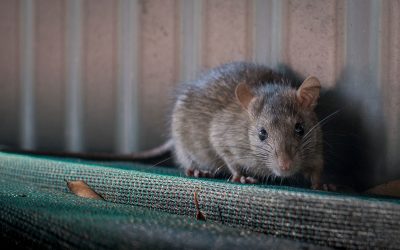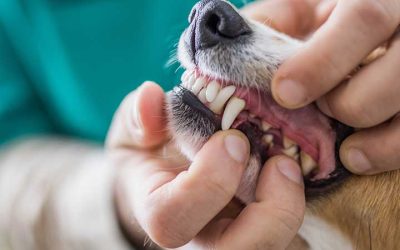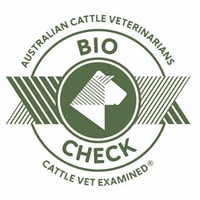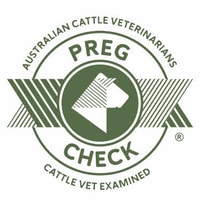
Around springtime, we often see an increase in itchy skin (dermatitis) and ear infections in dogs and cats.
How to spot itchy skin
You should know almost right away if your cat or dog has dermatitis. Here are a few of the common signs:
- Constant scratching, licking, or chewing at the skin
- Flaky, scaly, or greasy skin
- Unusual and excessive hair loss in isolated or large areas
- Inflamed, swollen, broken, or bleeding areas of skin (usually caused by scratching, chewing, licking)
- Hives or red bumps or rashes
- Unpleasant smelling skin (especially in dogs)
Areas most commonly affected in both cats and dogs include the ears, ankles, underarms, groin and lower abdomen, around the eyes, and the muzzle region of their face.
What causes itchy skin?
There can be many causes of dermatitis in dogs and cats. Some of the more common causes include:
- Allergies (caused by dust mites, mould spores, pollen, grasses, plant sap, household chemicals, etc.)
- Parasites like fleas, ticks, and mites
- Generally dry skin
- Skin infections (like eczema, ringworm fungus, yeast, and other bacterial infections)
- Foreign objects (i.e., a grass seed, thorn, splinter, or other foreign matter stuck in your pet’s skin)
- Boredom or anxiety (chewing and licking the skin due to boredom can upset the skin’s natural balance and lead to greater irritations)
- Wet or damp fur for prolonged periods of time
- Poor nutrition
- Hormonal imbalances
Most of these conditions have very simple, effective treatments, including dietary changes, parasite control treatments (topical and ingested), pet-safe moisturisers, and grooming.
Does your cat or dog have an ear infection?
Look out for these common ear infection symptoms:
- Constant or unusual shaking or tilting of the head
- Constant or unusual scratching or pawing of the ears
- Swelling or red skin around or inside the ears
- Unpleasant smelling ears
- Brown, yellow, black, or green discharge in or around the ears
There are many different causes of ear infections in pets:
- Heat
- Foreign objects (dirt, grass seeds, etc.)
- Trapped fluid (water from swimming or playing)
- Ear mites
- Excessive wear wax
- Allergies
Some breeds of dogs with floppy ears are also very prone to ear infections. We recommend regular ear cleaning to prevent infections; speak to us and learn how to do this safely and comfortably for your pet.
If you are worried your pet has an ear infection or dermatitis, please book an appointment online, or give us a call on 07 4693 2233 so we can diagnose the problem and recommend a quick and efficient treatment.
RELATED ARTICLES
Rat Bait Toxicity
Take care when choosing rodenticides this winter as it could mean the difference between life or death of your pet. Not all baits are equal in their toxicity and you should always refer to the ingredients listed on the product. There are three key types of Rat Bait:...
Calving – When to intervene
The most common reason for calf losses in the cattle industry are calving difficulties, known as dystocia. In order to recognise dystocia promptly, an understanding of the normal calving process is necessary. The more difficult the calving; the greater the risk of...
Discount desexing
This Winter we are offering our annual 20% off de-sexing’s for both dogs & cats from 1st June to 31st July. If it's something you have been putting off then wait no longer! ADVANTAGES OF DESEXING Reduction in vet bills by reducing the following health conditions;...
The Importance of Dental Care for Your Pet
Did you know that 80% of dogs and 70% of cats over three years of age have some form of dental disease? Dental disease can not only be painful and uncomfortable for pets, but the procedure to clean and remove teeth becomes more complicated and often more costly to...
RELATED
ARTICLES
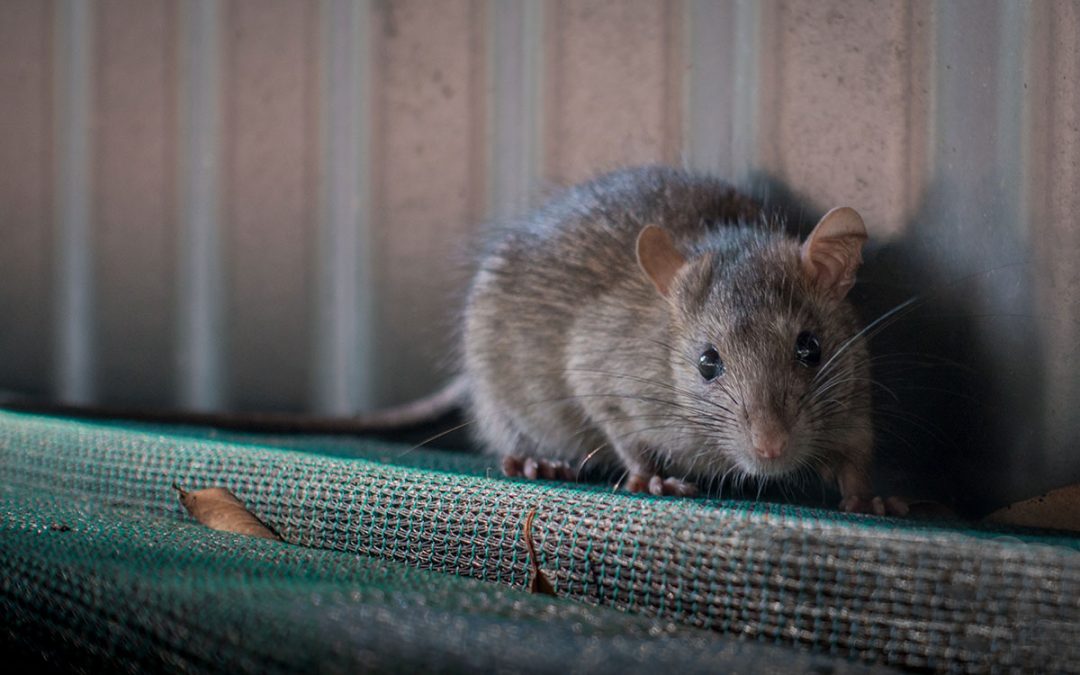
Rat Bait Toxicity
Take care when choosing rodenticides this winter as it could mean the difference between life or death of your pet. Not all baits are equal in their toxicity and you should always refer to the ingredients listed on the product. There are three key types of Rat Bait:...

Calving – When to intervene
The most common reason for calf losses in the cattle industry are calving difficulties, known as dystocia. In order to recognise dystocia promptly, an understanding of the normal calving process is necessary. The more difficult the calving; the greater the risk of...

Discount desexing
This Winter we are offering our annual 20% off de-sexing’s for both dogs & cats from 1st June to 31st July. If it's something you have been putting off then wait no longer! ADVANTAGES OF DESEXING Reduction in vet bills by reducing the following health conditions;...
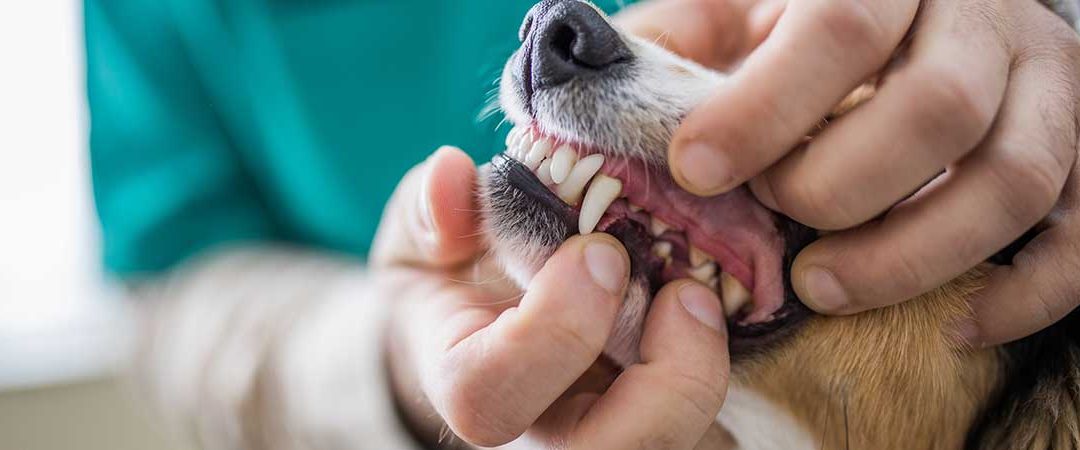
The Importance of Dental Care for Your Pet
Did you know that 80% of dogs and 70% of cats over three years of age have some form of dental disease? Dental disease can not only be painful and uncomfortable for pets, but the procedure to clean and remove teeth becomes more complicated and often more costly to...
Call Us Today To Discuss Your Animal Needs
Business Hours Phone: 07 4693 2233




